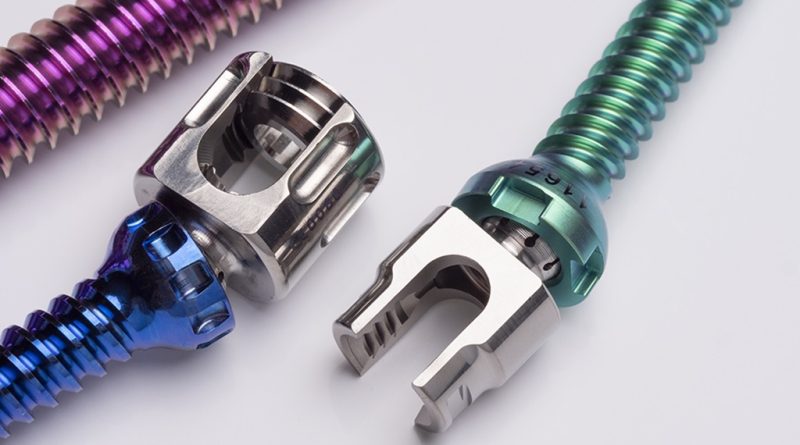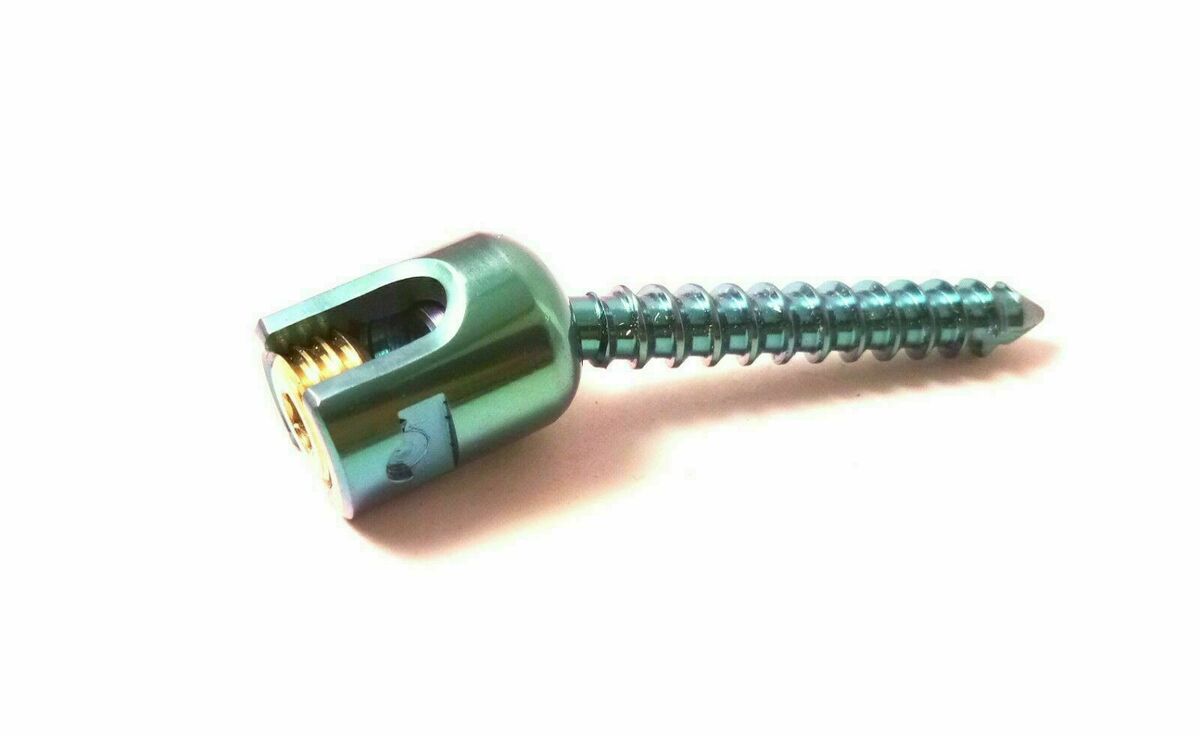Titanium Screws in Surgery: A Deep Dive into Their Importance and Applications
Titanium screws have become a cornerstone of modern surgical practice, particularly in orthopedic procedures. This isn’t mere coincidence; titanium boasts a unique set of properties that make it exceptionally well-suited for this purpose. Let’s delve into why these screws are so prevalent in surgery, exploring their benefits, applications, and potential considerations.
The Allure of Titanium: What Makes It Special?
Titanium’s appeal lies in its remarkable combination of attributes:
- Biocompatibility: Titanium is exceptionally biocompatible, meaning it doesn’t trigger adverse reactions from the body’s immune system. This significantly reduces the risk of implant rejection, infection, and inflammation, ensuring a smoother healing process.
- Strength and Lightweight: Despite being lightweight, titanium is incredibly strong, making it an ideal material for implants that need to withstand significant forces and stresses. This strength-to-weight ratio is crucial for joint replacements and fracture fixation, allowing for optimal functionality and durability.
- Corrosion Resistance: Titanium exhibits excellent corrosion resistance, meaning it won’t degrade or weaken when exposed to bodily fluids. This durability ensures the implant maintains its structural integrity over time, offering long-term stability and support.
- Osseointegration: Titanium possesses the unique ability to bond directly with bone through a process called osseointegration. This not only enhances the implant’s stability but also promotes natural bone growth around it, leading to a more robust and integrated structure.
Applications in Orthopedic Surgery
Titanium screws are widely employed in various orthopedic procedures, including:
- Fracture Fixation: They are used to secure broken bones, providing stability for proper healing. Their strength ensures that the fractured segments remain aligned, while their biocompatibility minimizes the risk of complications.
- Joint Replacements: Titanium screws play a crucial role in anchoring artificial joints to the bone. Their ability to osseointegrate helps create a secure and long-lasting bond, promoting optimal joint function and longevity.
- Spinal Fusion: These screws are employed in spinal fusion surgeries to stabilize the spine. Their strength and biocompatibility make them ideal for this purpose, ensuring the fused vertebrae heal properly and remain aligned.
- Sports Medicine: Titanium screws are used in various sports medicine procedures, such as ligament reconstruction and tendon repair. Their lightweight nature and biocompatibility make them well-suited for these applications, allowing athletes to regain mobility and functionality.
Potential Considerations
While titanium screws offer numerous advantages, there are a few considerations to keep in mind:
- Cost: Titanium is a relatively expensive material, which can increase the overall cost of surgery. However, its long-term benefits often outweigh the initial investment.
- Imaging Interference: Titanium can interfere with certain imaging techniques, such as MRI scans. However, advancements in imaging technology have mitigated this issue to a great extent.
- Allergic Reactions: Although rare, some individuals may experience allergic reactions to titanium. However, this is uncommon and can usually be managed effectively.
Related: Osteoarthritis: The Silent Thief of Your Mobility and How to Fight It
The Future of Titanium in Surgery
The future of titanium in surgery looks promising. Ongoing research and development are continually improving the properties and applications of titanium implants. Emerging technologies, such as 3D printing and surface modifications, are paving the way for more personalized and effective treatments.
In Conclusion
Titanium screws have revolutionized orthopedic surgery, offering a safe, durable, and effective solution for various procedures. Their unique properties, including biocompatibility, strength, and osseointegration, make them an invaluable tool for restoring function and improving quality of life. Libraryinnovation review on what happens when a surgical screw comes loose indicates that while complications can arise, the use of titanium significantly reduces the risk and severity of such issues. As technology continues to advance, we can expect even more innovative applications of titanium in the future, further enhancing patient care and outcomes.
Disclaimer: This article is intended for informational purposes only and should not be considered medical advice. Always consult with your healthcare provider for personalized recommendations.





